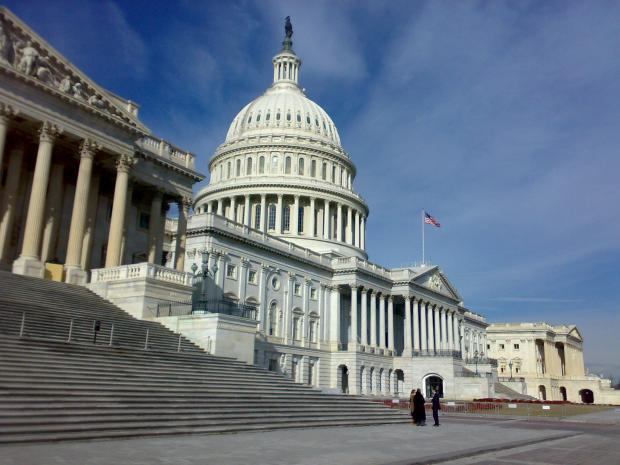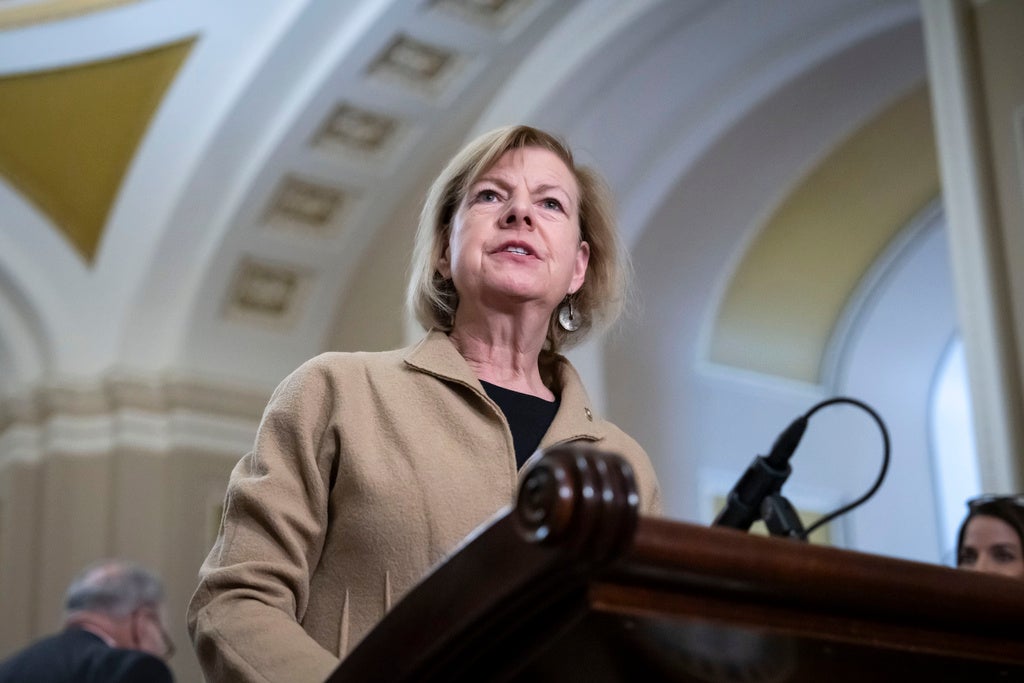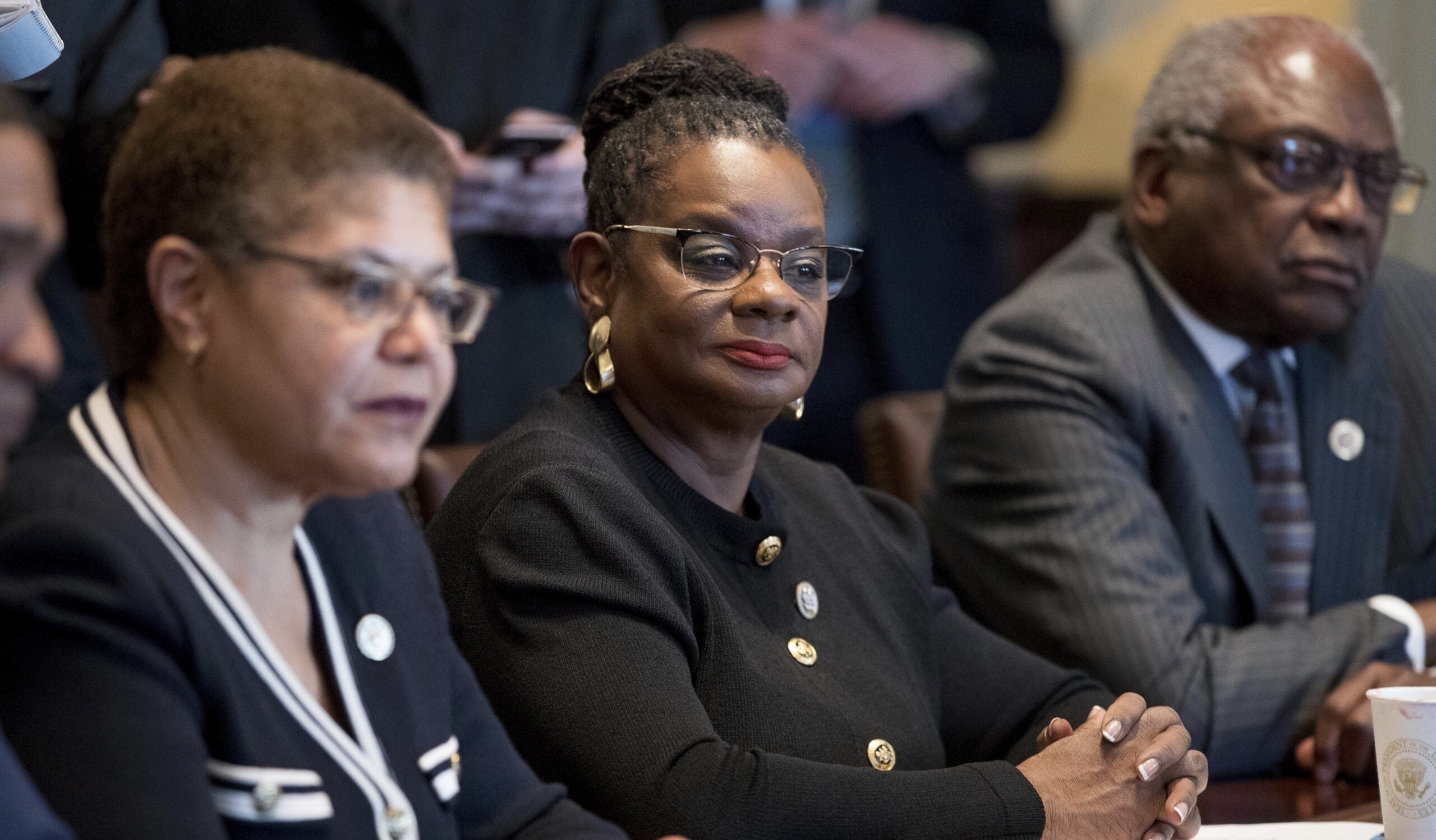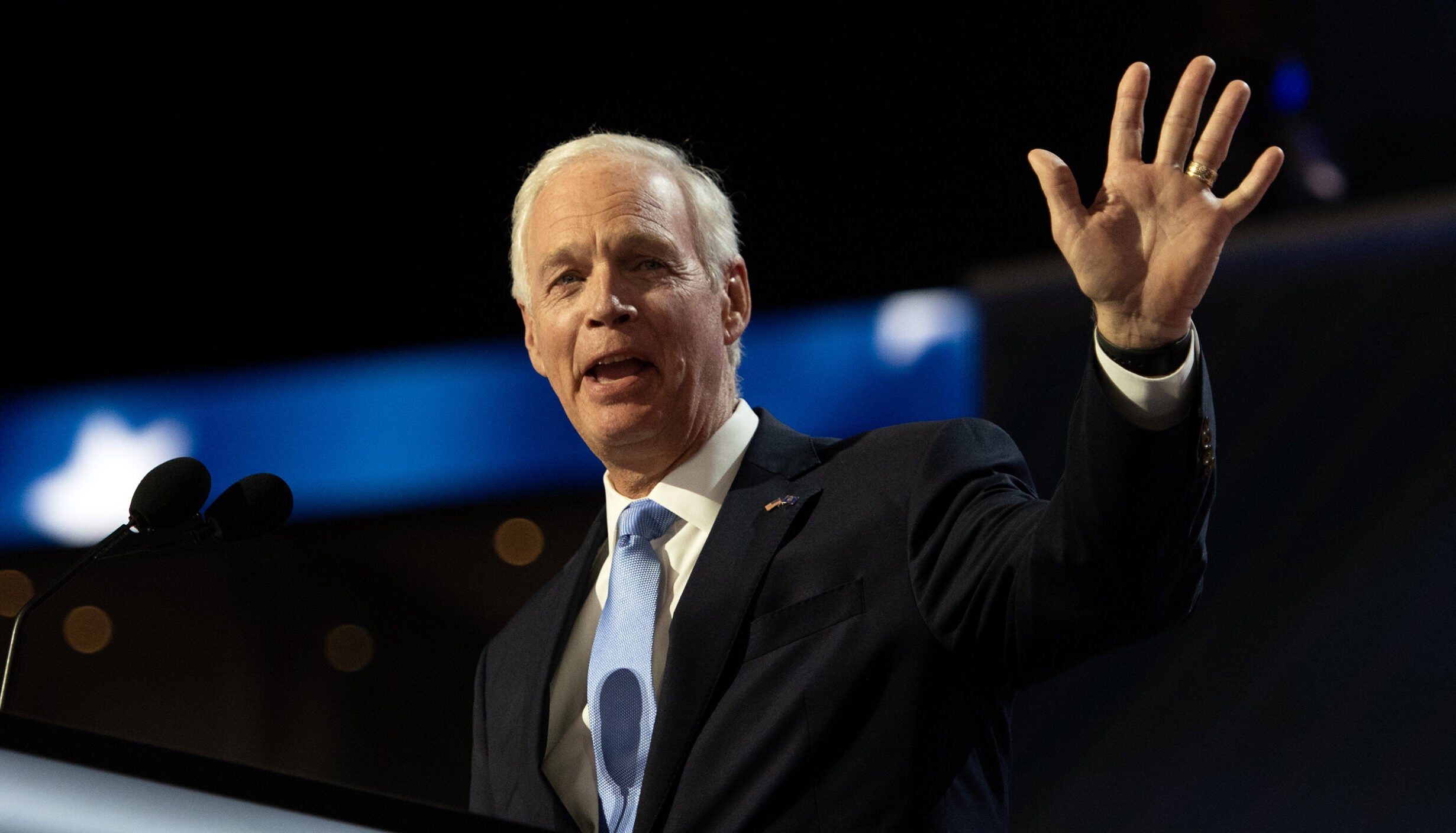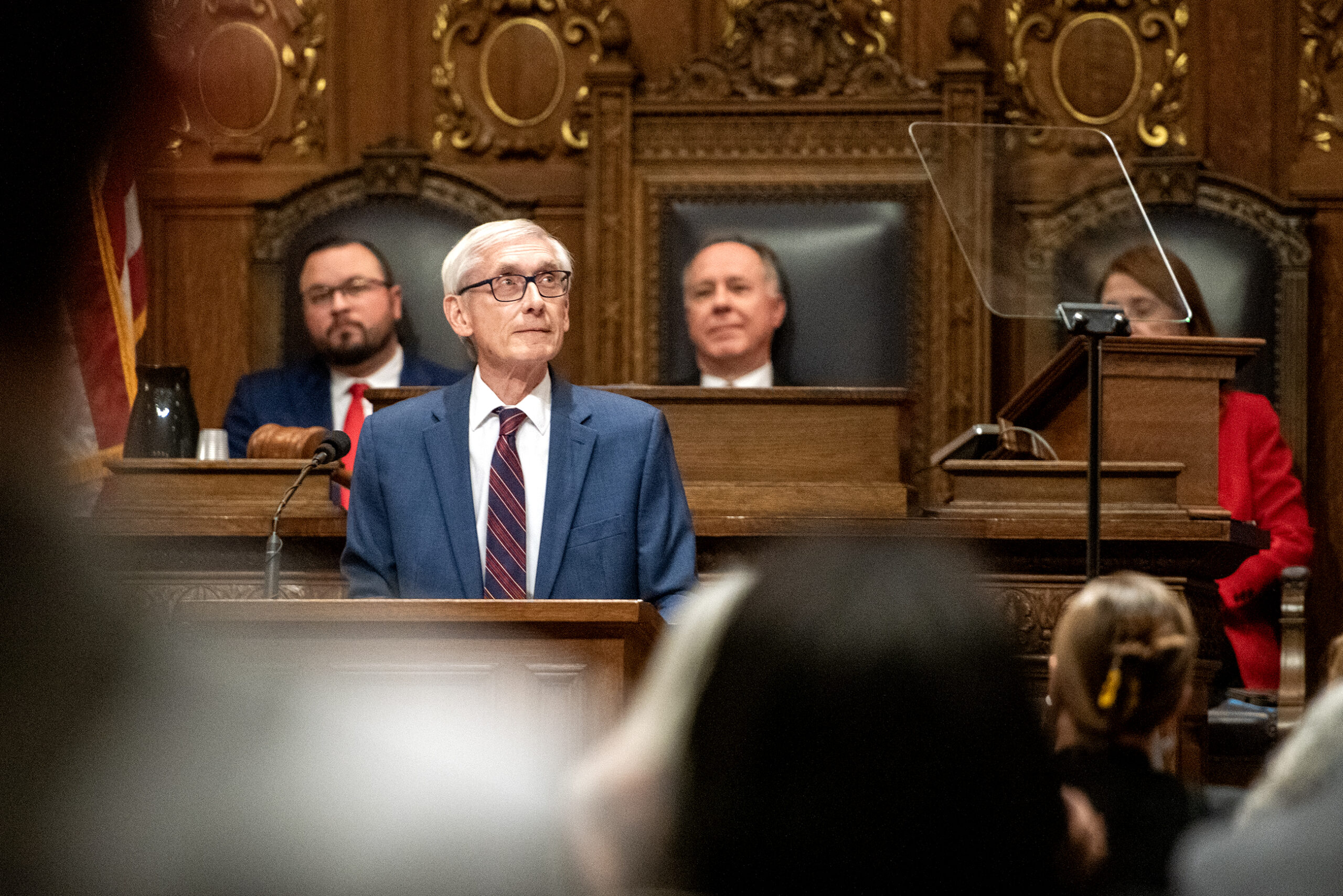The future of a bipartisan bill to address the new coronavirus remained unclear Monday as U.S. House and Senate leaders worked to sort out their differences, and more lawmakers — including Democratic U.S. Rep. Gwen Moore of Milwaukee — self-quarantined.
Moore announced on her official Twitter account Monday that she had decided to self-quarantine after learning that someone she came into contact with on March 8 tested positive for COVID-19.
“I didn’t physically contact this individual and I consulted with the Office of the Attending Physician, who informed me that my risk for contracting COVID-19 is low,” Moore said “While I have not shown any symptoms, I will follow guidance from public health officials and practice social distancing and self-quarantine to protect others from potential exposure.”
News with a little more humanity
WPR’s “Wisconsin Today” newsletter keeps you connected to the state you love without feeling overwhelmed. No paywall. No agenda. No corporate filter.
Moore urged the Senate to support a bill that passed the House early Saturday with an unusually broad bipartisan vote. The deal, which was struck by President Donald Trump and House Speaker Nancy Pelosi, would provide enhanced unemployment benefits, free virus testing and additional funds for food assistance and Medicaid.
RELATED: Wisconsin Businesses Impacted By Efforts To Stem Spread Of New Coronavirus
Despite the lopsided 363-40 roll call, the vote among Wisconsin’s congressional delegation fell along party lines. The state’s three Democrats — Moore, and U.S. Reps. Mark Pocan and Ron Kind — voted in favor. Wisconsin’s four Republicans — U.S. Reps. Bryan Steil, Jim Sensenbrenner, Glenn Grothan and Mike Gallagher — all voted against it.
In a conference call with reporters Monday, Pocan said the House could come back quickly to pass the plan if an agreement is reached. But the COVID-19 disease itself was complicating Congress’ ability to respond to it.
Both the state and federal government issued warnings Monday against large crowds. The Centers for Disease Control and Prevention initially suggested avoiding crowds of 50 people or more before the White House suggested people should avoid crowds larger than 10 people. That could pose a problem for Congress itself to find a way to convene — there are more than 400 members of the U.S. House and 100 U.S. Senators.
“We will have to figure out how to get votes done,” Pocan said. “Without changing our rules, we can’t vote remotely.”
Pocan said the age of U.S. representatives and senators was also a factor. According to a nonpartisan congressional research bulletin, the median age in the U.S. House is 57.8 while the median age of U.S. senators is 61.8.
The CDC and other public health experts have warned repeatedly that older people are more at risk of contracting severe cases of COVID-19.
“I am a youngin’ by congressional standards,” said Pocan, who is 55 years old. “Many people are in that age range and have health issues that are more problematic, and many people have young children in the most recent class especially where they’re not in school right now. It’s harder for them to be completely away from their families.”
Pocan said that an agreed-upon bill could be ready in “a few days,” although he said that other legislation would be needed in the near future to address additional issues. He said restaurant and bar closures in some states and a legal ban on gatherings of 50 or more people in Wisconsin would hit small businesses hard.
“No restaurant business model is based on being half full,” Pocan said. “That provides some real issues on whether or not they’re able to be financially viable.”
Republican members of Wisconsin’s congressional delegation said after the House’s vote Saturday that the bill passed would put an undue burden on small businesses to offset the cost of paid family leave for workers.
“I hope the Senate will approach this with a level head and pass a bill that does more good than harm — or, if it won’t, pass nothing at all,” said U.S. Sen. Ron Johnson, R-Wisconsin in a statement. “The president and states already have adequate authority and funding to address the current situation.”
Wisconsin Democratic U.S. Sen. Tammy Baldwin said she supported the House bill.
“The House took action to put #FamiliesFirst and I am in DC ready to act in the Senate,” Baldwin tweeted Saturday. “Let’s get this done NOW.”
Wisconsin Public Radio, © Copyright 2025, Board of Regents of the University of Wisconsin System and Wisconsin Educational Communications Board.

